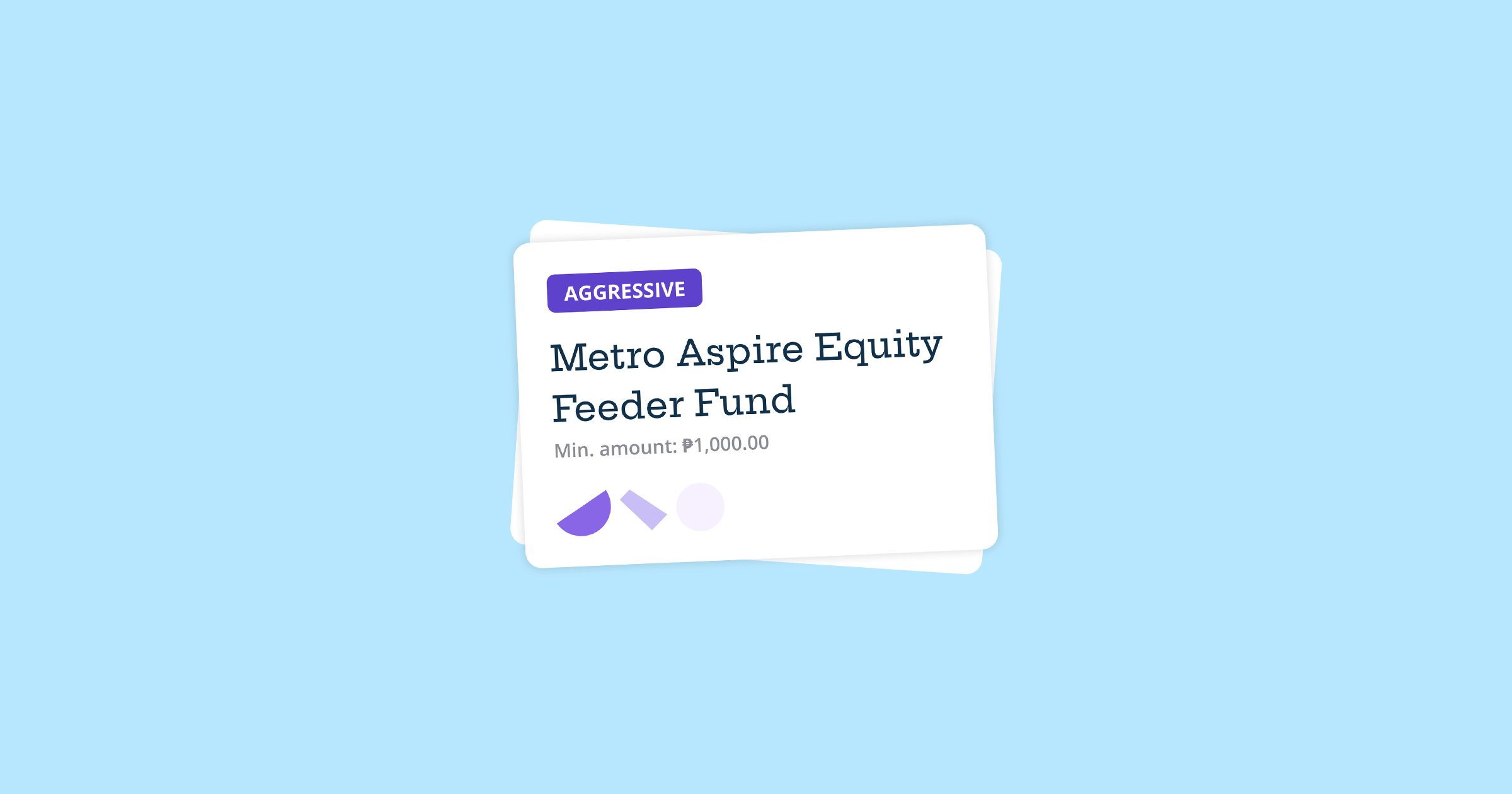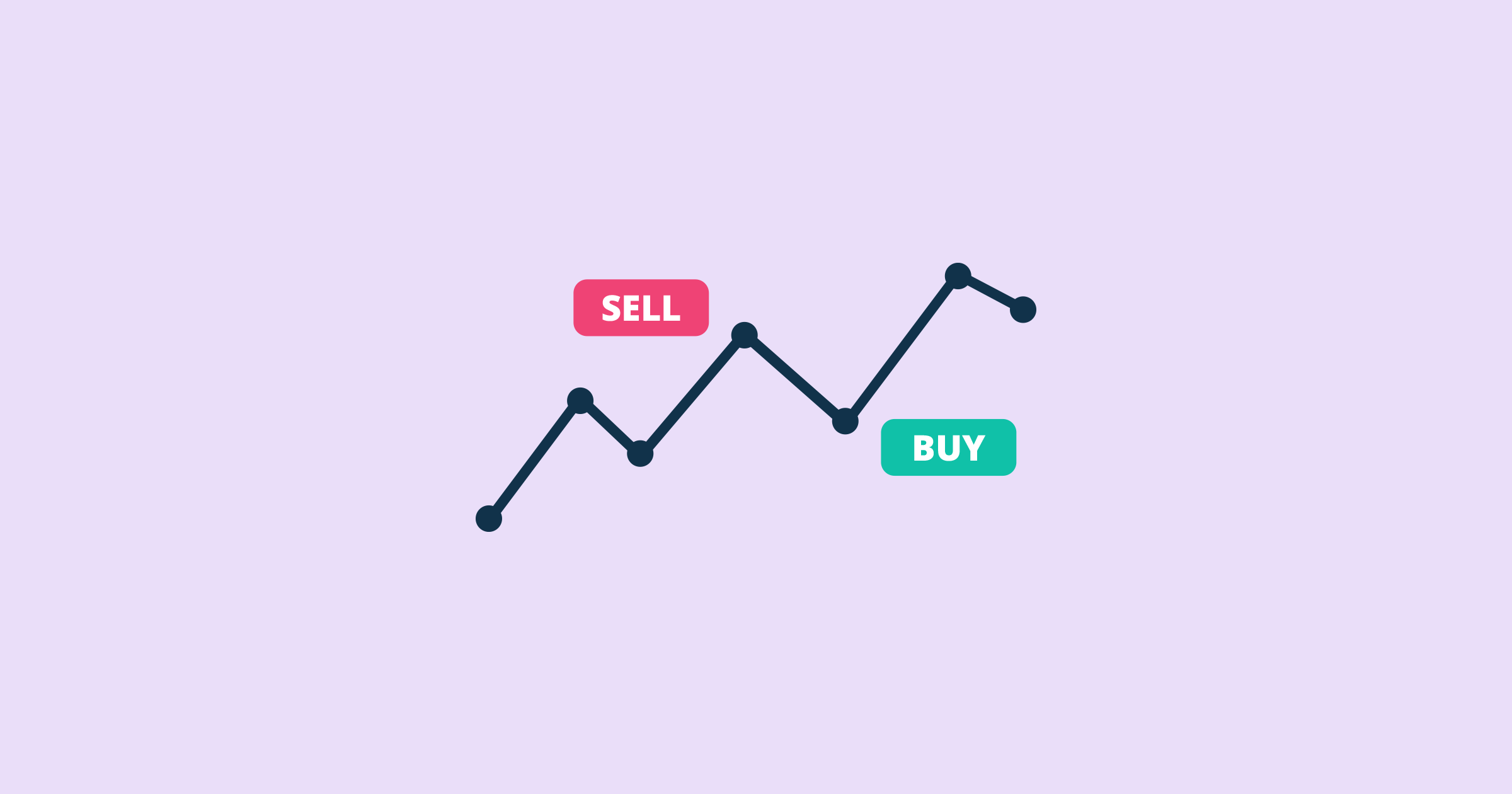If you're new to stock market investing and want a simple, low-cost way to start, an index fund can be a good choice.
Find out how it works and look at the pros and cons to know whether it’s right for your strategy.
How index funds work
An index fund is a type of pooled fund that aims to mirror the performance of a specific market index. One example of an index is the Philippine Stock Exchange Index (PSEi).
The PSEi monitors the stocks of the biggest publicly listed companies in the Philippines, also called blue chip stocks.
If you’ll invest in an index fund that copies the PSEi, you’ll basically own a small piece of each company in that index.
So, if the index goes up, the value of your investment goes up too. If the index drops, your investment also drops.
You’ll find Unit Investment Trust Funds (UITFs) and mutual funds that are index funds. There are also index funds following indices that track other types of investments (like bonds) or specific sectors (like financials or technology).
Should you invest in an index fund?
If you’re considering investing in index funds, here are the possible advantages and disadvantages to know about:
Potential advantages of investing in index funds
- Simplicity
By investing in an index fund, you’ll gain access to groups of companies or investments without having to buy and manage each individual asset on your own.
Choosing an index fund essentially means you’re confident in the growth potential of the overall market or the specific sector it is tracking. This may work for you if you prefer a passive, long-term investing approach.
- Diversification
Since index funds invest in many different assets, they may help you diversify against risk. Some index funds also offer access to various sectors and countries, allowing you to explore different kinds of diversification.
Remember to check the assets that make up each fund to know if they can help you fulfill your diversification needs.
- Affordability
It can take a lot of money to buy each individual stock or asset within an index. You’ll likely get the same results by investing in an index fund, which tends to be the more affordable method.
Potential disadvantages of investing in index funds
- Lack of control
You won’t have a say in the specific products that an index fund – or any pooled fund – invests in. If you prefer more control or personalization, such funds may not be the way to go.
This can be a benefit rather than a downside for newbie investors. They can outsource the investment decision-making to licensed fund managers who would monitor the market and manage funds on their behalf.
- Growth may be limited
Index funds tend to reflect how the economy is doing. If you’ll invest exclusively in these funds, you may not have much protection from downturns affecting the overall market or the sectors they follow.
If your goal is to outperform the market, index funds might not be the right choice since they’re generally designed to “be the market” instead of beat the market.
Index funds can still be a solid choice if they include the assets you’re interested in, align with your risk tolerance, and can help you meet goals while requiring less effort and money than individual investing.




